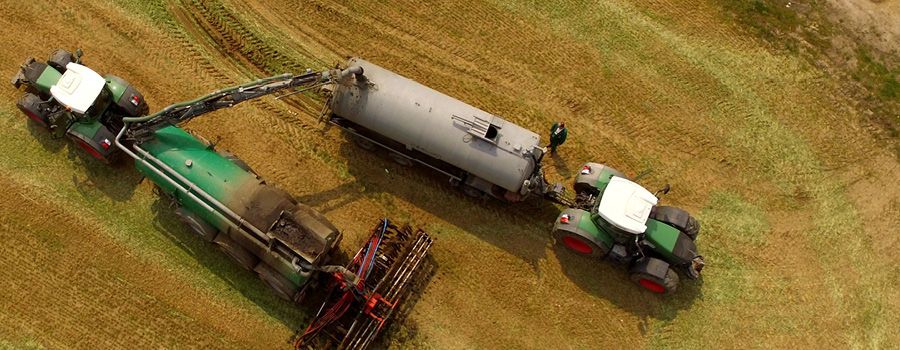
Farmland Lease Options
Ag lenders are often asked (by landowners and renters alike) what is the most equitable lease option? From a landowner's perspective, they are looking to maximize the return on their investment in land, whereas the farmer is managing rent expense to maintain or improve profitability. There are multiple options for lease agreements. Before determining which option is right for you, there are several considerations to ponder for both landowners and farmers.
- What is the productivity and yield potential of the soil? Has soil fertility been managed appropriately or will additional costs be incurred to bring the soil back to its full potential? If additional amendments are needed, who will bear the cost of making those changes?
- Are both sides comfortable sharing in the risk and reward of the operation? Can the landowner financially tolerate a year of lower yields or commodity prices? As the renter, are you willing to share the profits during a better than average year?
- Who bears the responsibility of making decisions regarding crop rotation, crop inputs, and grain marketing? Are both parties experienced in all facets of management to maximize profitability?
An agreement on what is best for your rental relationship may take some time to develop and evolve as circumstances change. Michigan State University Extension offers tools and details on the types of flexible farm lease agreements at Farmland Rent Considerations - Part 3: Farmland Rental Agreements and Arrangements - MSU Extension. Additionally, Iowa State University Extension and Outreach provides a guide with examples for flexible farm lease agreements at Flexible Farm Lease Agreements (iastate.edu).
Cathy Asher is a relationship manager and serves on the Agriculture Banking Team for Security Financial Bank. She can be reached at casher@sfbank.com.



